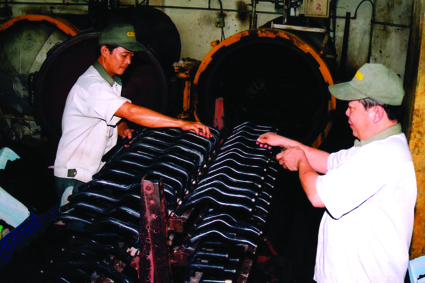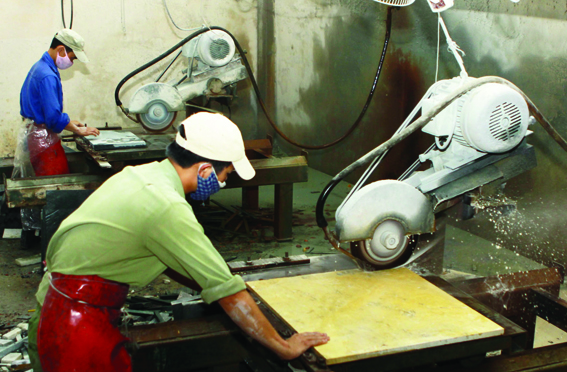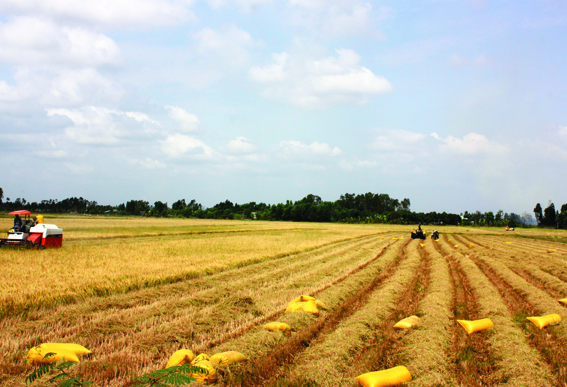The negotiations and signing of international treaties are one of the fields subject to the law-prescribed supervision of the National Assembly (NA)’s Committee for External Relations, said Chairman of the NA’s Committee for External Relations Tran Van Hang.
At the first seminar “the National Assembly with negotiations, ratification and implementation of Free Trade Agreements (FTAs)”, Hang noted with functions and tasks stipulated in the new Constitution, the Vietnamese legislative body has the role in ratifying international treaties and agreements and promulgating legal documents.
For his part, Vice Chairman of the NA’s Committee for External Relations Ngo Duc Manh said new generation FTAs bring about big opportunities for Vietnam but wondered how to make the best use of these opportunities and identify difficulties and challenges during the negotiation and signing of FTAs.
Nguyen Dinh Luong, former head of the negotiating mission for the Vietnam - US Bilateral Trade Agreement, said the Trans-Pacific Partnership (TPP) agreement carried political features and its effects were not only on instant trade growth but also Vietnam’s institutions and development process.
Apart from TPP, Vietnam is negotiating five new generation FTAs such as the EU - Vietnam free trade agreement (EVFTA) and the ASEAN - China Free Trade Agreement (ACFTA).
Head of the Advisory Committee on International Trade Policy Tran Huu Huynh, pointed out opportunities to develop the added value chain and cooperation possibilities brought by these FTAs with major partners like the European Union and the US.
However, in addition to fierce challenges, Vietnam will have to face new disguised barriers like local trade protection lawsuits that have been well-known for their aggression, Huynh said.
Their high standards would affect farmers, small- and medium-sized enterprises and sensitive social groups, he said, adding that these FTAs would put significant pressure on Vietnam’s trademarks.
In fact, the eight FTAs concluded during 1996-2012 only helped boost exports of FDI businesses but with low added value.-


